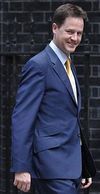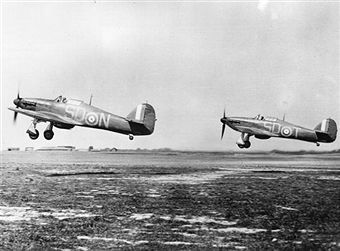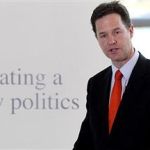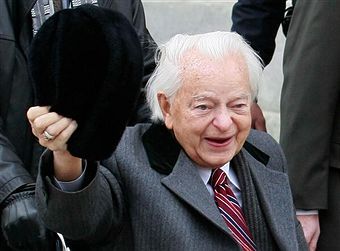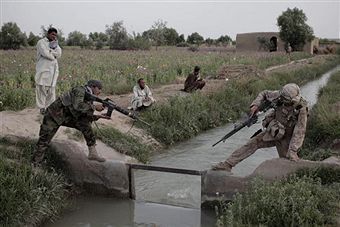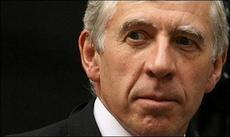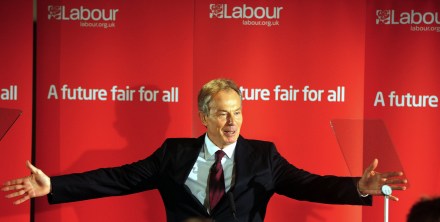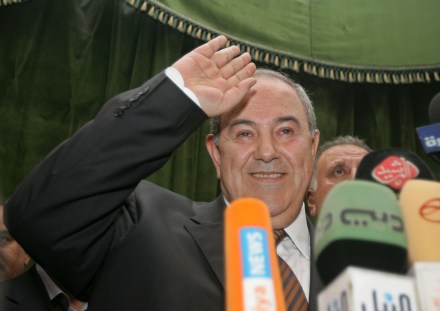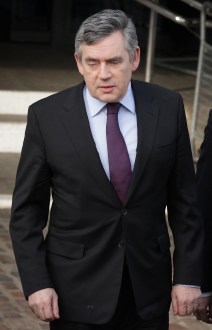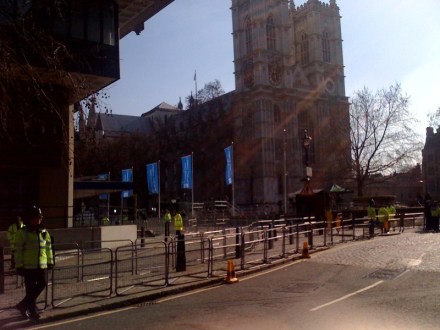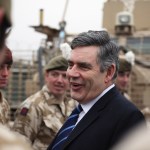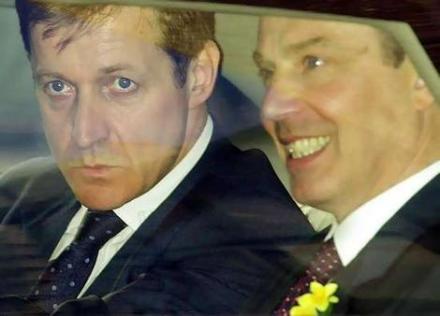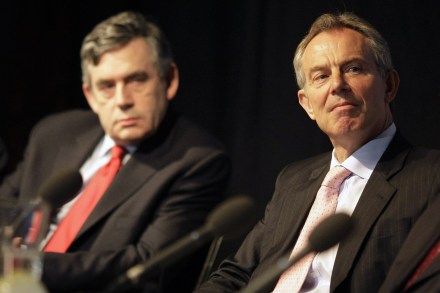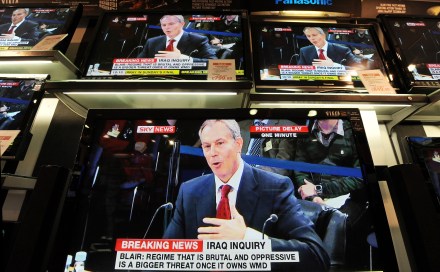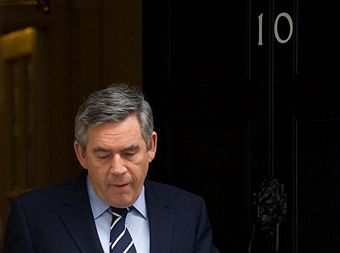Already, the anti-war lawyers leap on Clegg’s slip
Never one to miss the bus, Phillipe Sands QC has informed the Guardian that an international court would be ‘interested’ in Nick Clegg’s view that the Iraq War was illegal. Sands continues with his favourite homily: ‘Lord Goldsmith never gave a written advice that the war was lawful. Nick Clegg is only repeating what Lord Goldsmith told Tony Blair on 30 January 2003: that without a further UN security resolution the war would be illegal and Jack Straw knows that.’ Well, that would be right but for Goldsmith’s draft advice of the 12 February 2003, and his final clarification on 7 March 2003. Goldsmith remains a brilliant commercial lawyer; international
